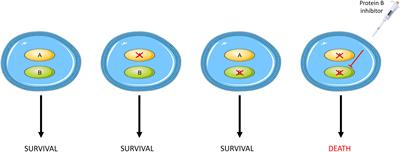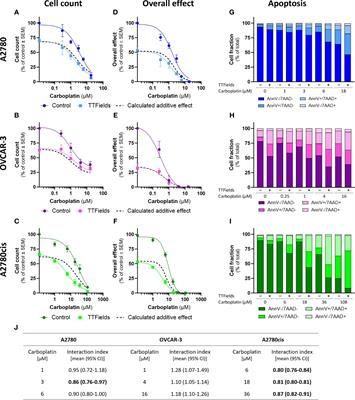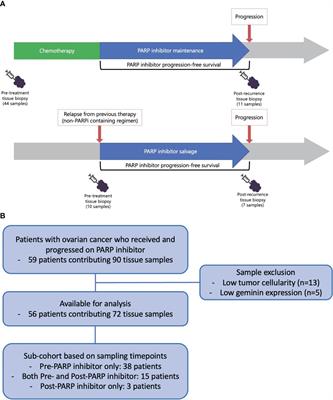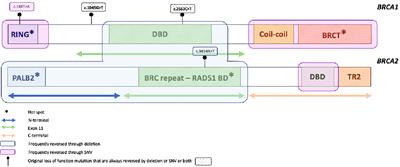REVIEW
Published on 29 Jul 2024
Poly (ADP-ribose) polymerase inhibitor therapy and mechanisms of resistance in epithelial ovarian cancer

doi 10.3389/fonc.2024.1414112
- 1,268 views
2,680
Total downloads
9,086
Total views and downloads
You will be redirected to our submission process.
REVIEW
Published on 29 Jul 2024

ORIGINAL RESEARCH
Published on 27 Jun 2024

ORIGINAL RESEARCH
Published on 25 Apr 2024

REVIEW
Published on 13 Mar 2024

